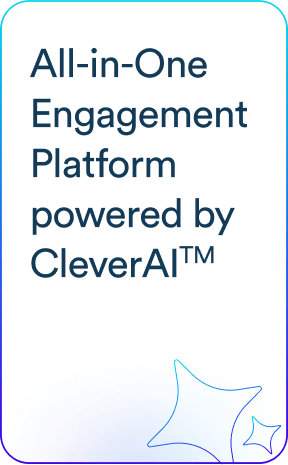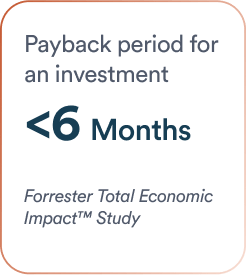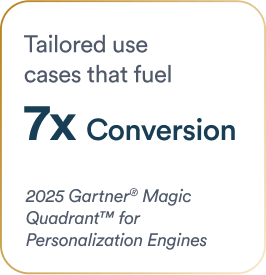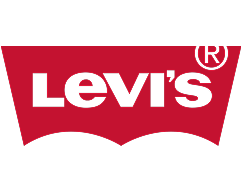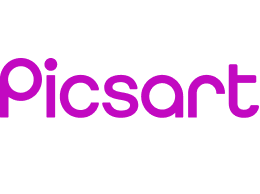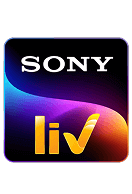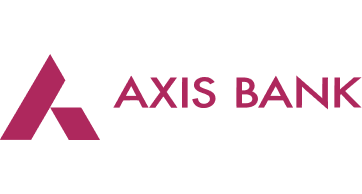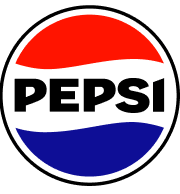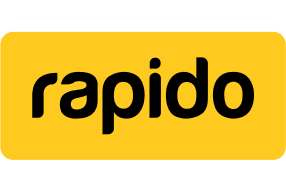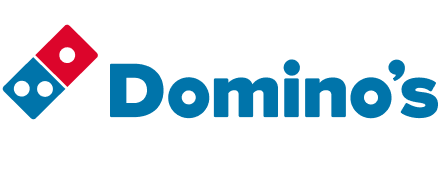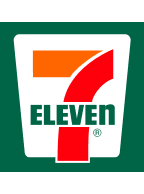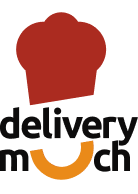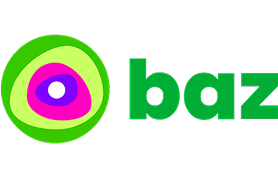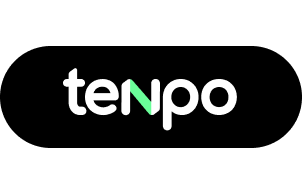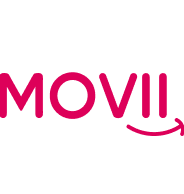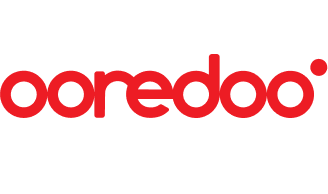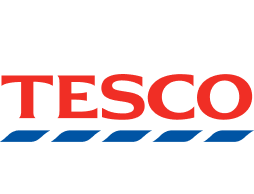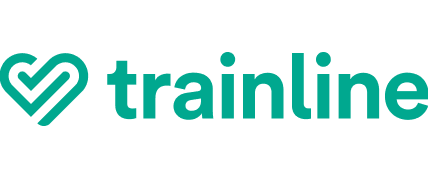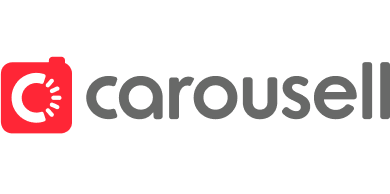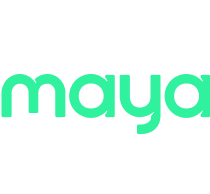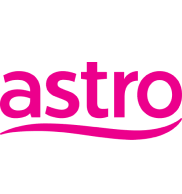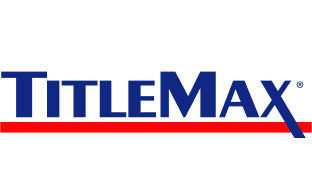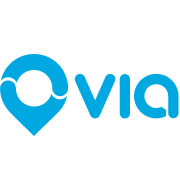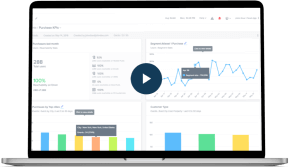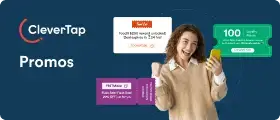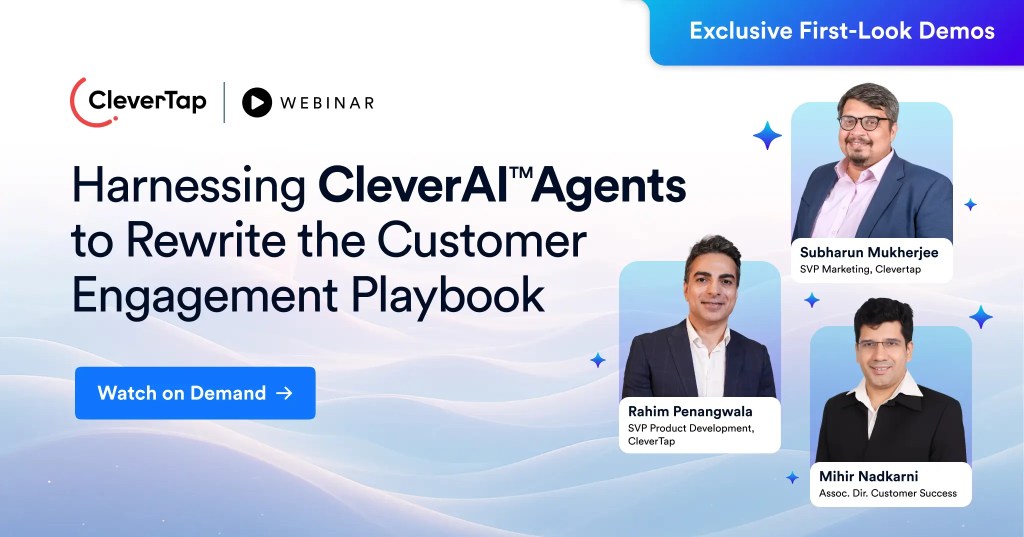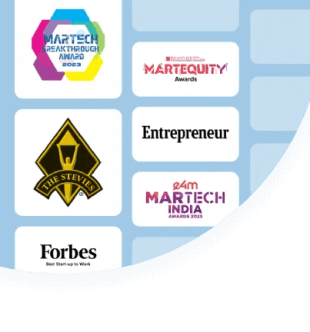A new user just signed up and a hearty handshake isn’t possible, so now what?
Send a warm and respectful welcome message.
A good welcome message establishes the groundwork for a long-term relationship. It can also convince users of the value you offer them. Often, people view a new user as a win, thinking the job is done, but in reality, the work has just begun.
Now it’s up to you to thank your new user personally, establish expectations, and reward them with resources, content, or exclusive offers — all with the utmost respect for their time.
Below are exemplary welcome messages from companies who have successfully mastered the onboarding experience. You can continue reading or jump to our infographic for 10 tips to optimize welcome messages.
Welcome Message Lessons From Onboarding Experts
Whether you are in the beginning stages of building the next great startup or are a long-time industry incumbent set on attracting a younger audience, you should know that welcome messages are essential for onboarding new users.
In the examples below, we’ve put together pieces from successful companies to solve the welcome message optimization puzzle.
1. Morning Brew: Start with a great sign-up process
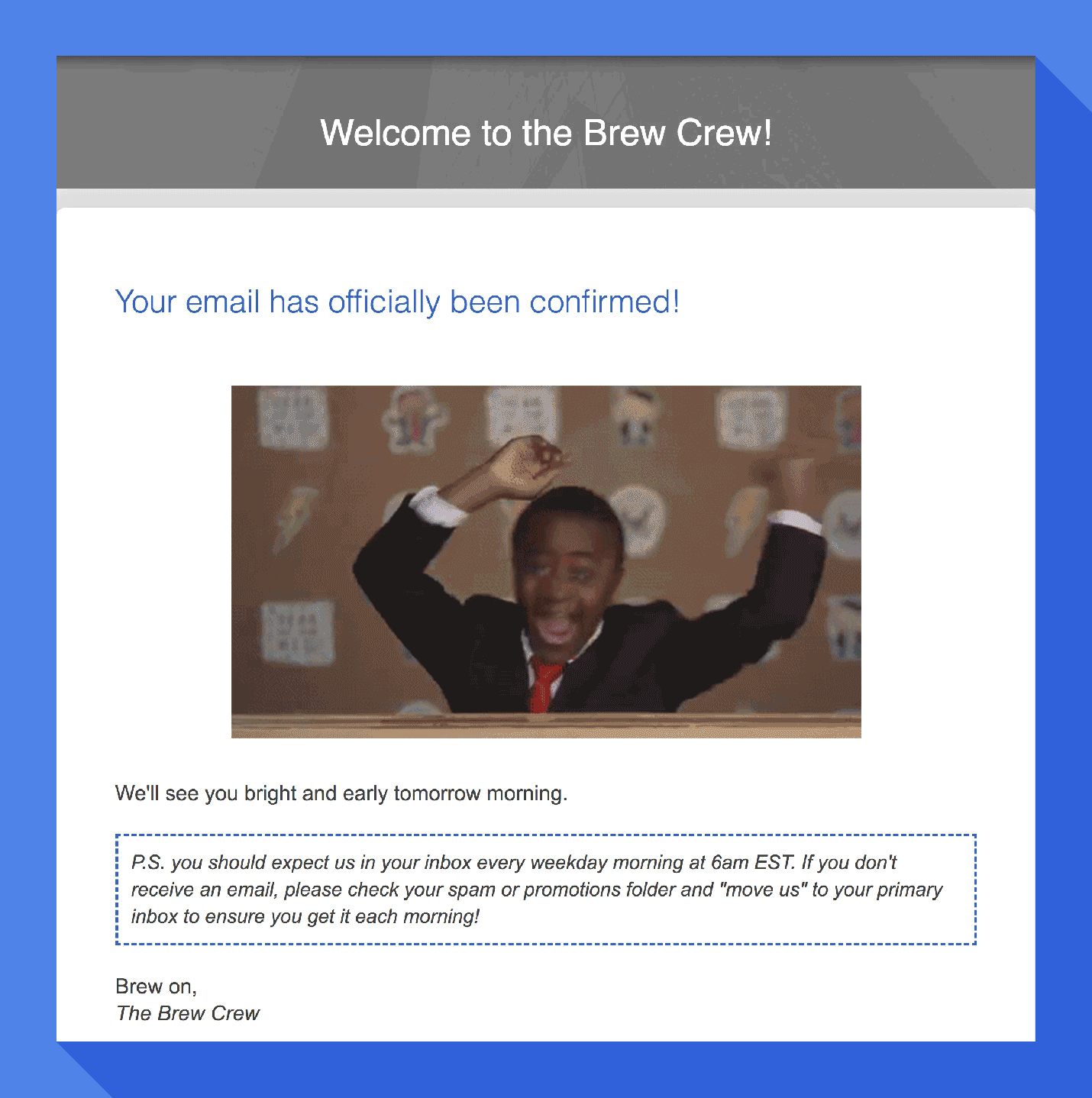
When a new account has been activated, you should use the confirmation screen to tell the user what they can expect moving forward (in addition to acknowledging a successful sign up).
This is also a great opportunity to express how you feel about a new subscriber. In other words, share your excitement!
2. Farnam Street: Set expectations
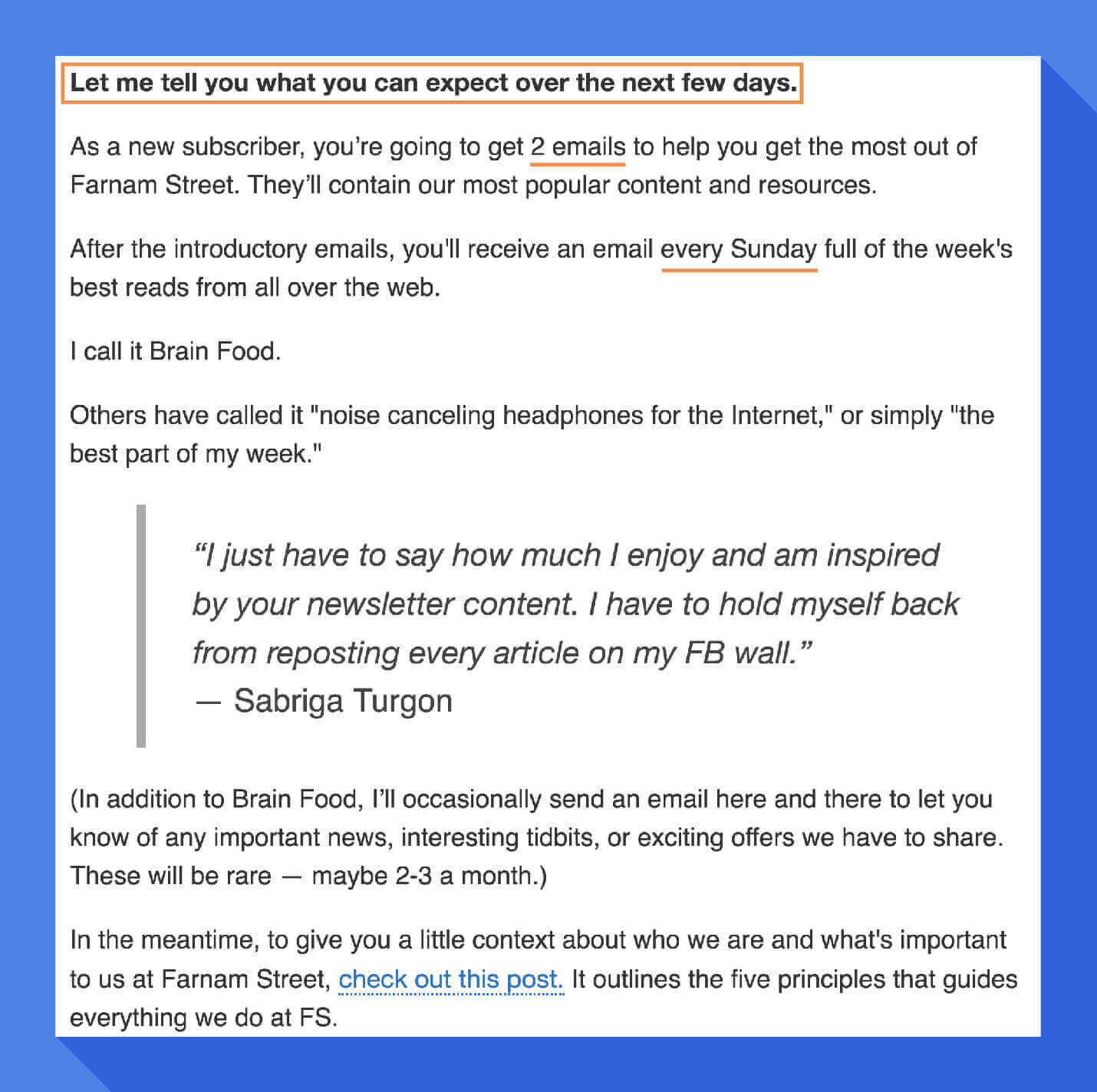
In the welcome message, continue to set expectations by detailing what the order of events can be expected after subscribing. In this welcome message example, Farnam Street tells the new user to expect two emails at first and then one every Sunday.
This helpful disclosure notifies subscribers that these first two emails are more than can be expected regularly. If users immediately receive multiple emails (three if you count the welcome email) without forewarning, they could possibly unsubscribe before you have the chance to successfully onboard them.
3. Domino’s Pizza: Offer exclusive member rewards
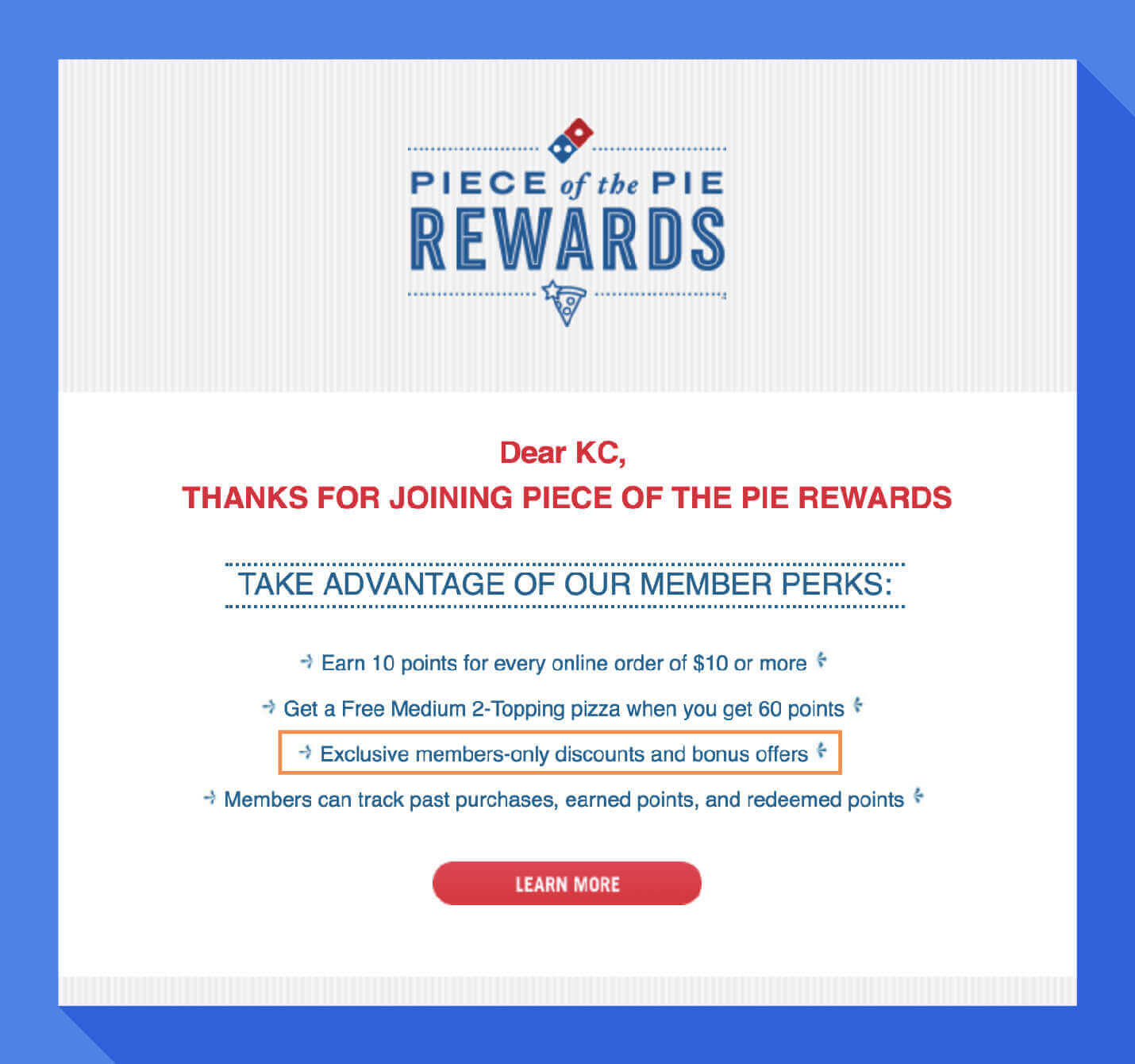
Treat new users as valued customers and they will reciprocate with their continued business. Sure, a rewards program is great for customer engagement and retention as users strive to earn and utilize rewards. But companies can also use rewards programs to increase customer lifetime value.
4. New Relic: Send from a real human

Possibly the most common mistake companies make is further dehumanizing the online experience by sending a welcome message from an email address like “donotreply@company.com.”
Instead, you should send from a real person’s email account. This way, users feel connected to a company and can sense a personality within the company’s culture.
Some companies take this a step further and send a personal message directly from the founder or CEO. Although it is commonly understood by the customer that this is not an individual email, it still gives users a sense of connection.
5. Product Hunt: Personalize the subject line
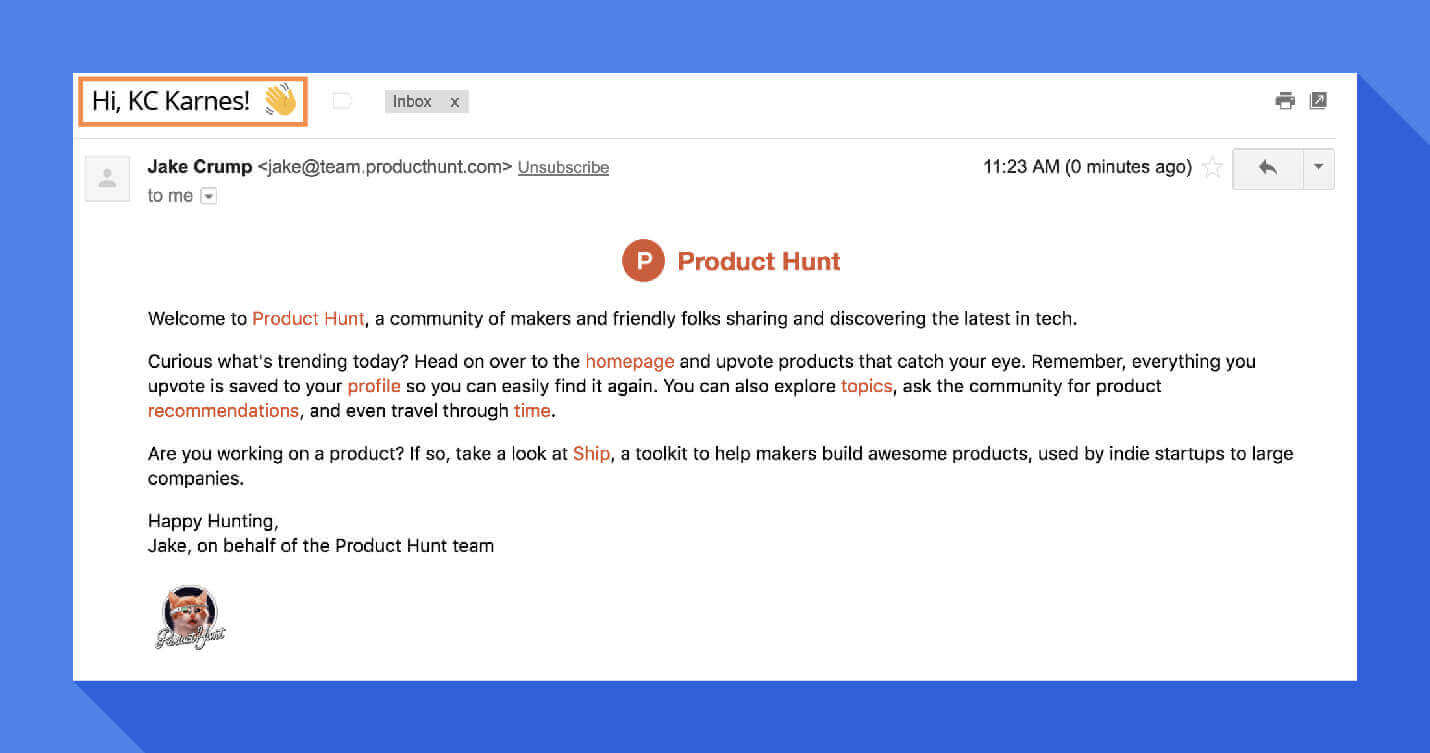
The subject line and a short preview of the first sentence or two – a total of about 80-85 characters – are the only opportunities to incentivize the user to open your email. Including the new subscriber’s name in the subject line can increase welcome message open rates.
In fact, personalized emails have been found to increase the likelihood of transactions by 6x.
6. Invision: Personalize the email body
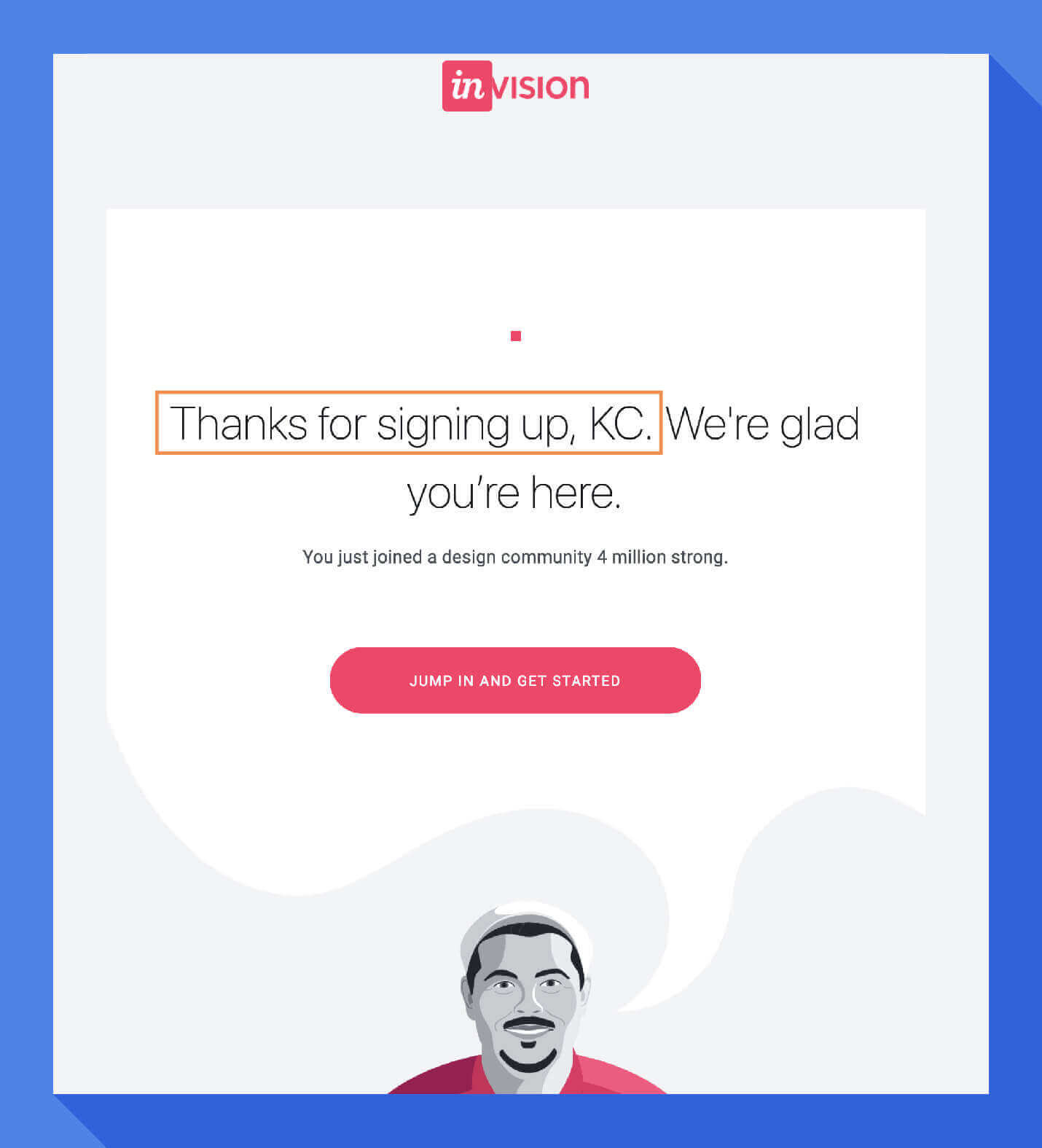
Studies have revealed that certain areas of the brain become more active when hearing one’s name.01 Continuing to personalize the email will add to the increased cognitive attention new users will pay to your welcome message.
When sending bulk messages, be sure to have a failsafe for the instances when template input fields are not available or corrupted. There is nothing worse than sending (or receiving) an email addressed to {First Name}.
7. DoorDash: Engage users with animated images
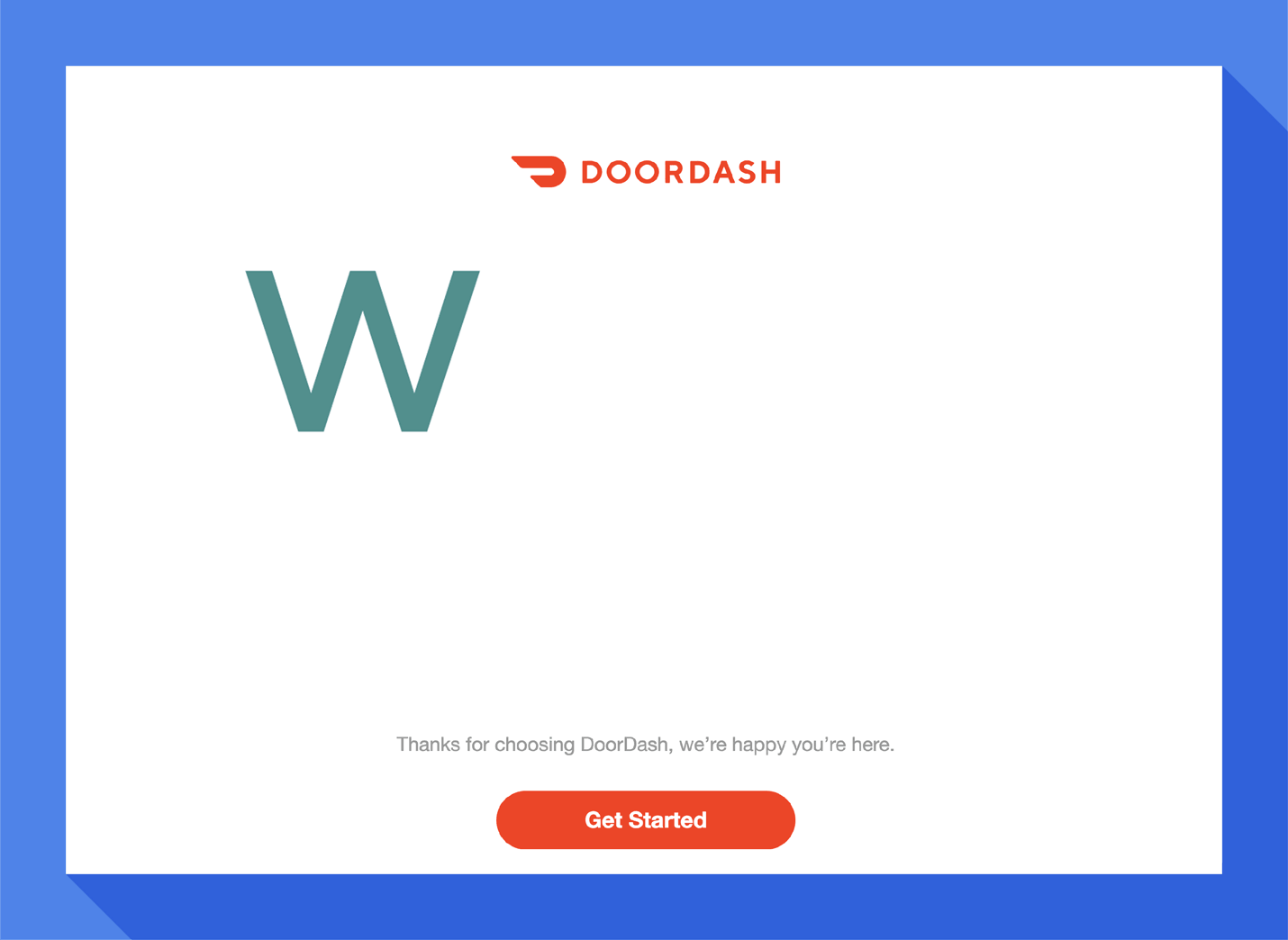
It can be difficult to stand out in today’s environment of overloaded inboxes and limited attention spans. Animation can be the eye-catching variable that keeps users engaged and interested enough to read more.
Just be mindful of file size and the effect it might have on loading the animation. A broken image is equally as detrimental to the user experience as delivering the email to {first name}.
8. Medium: Encourage sign up with Google or Facebook for personalized headshots
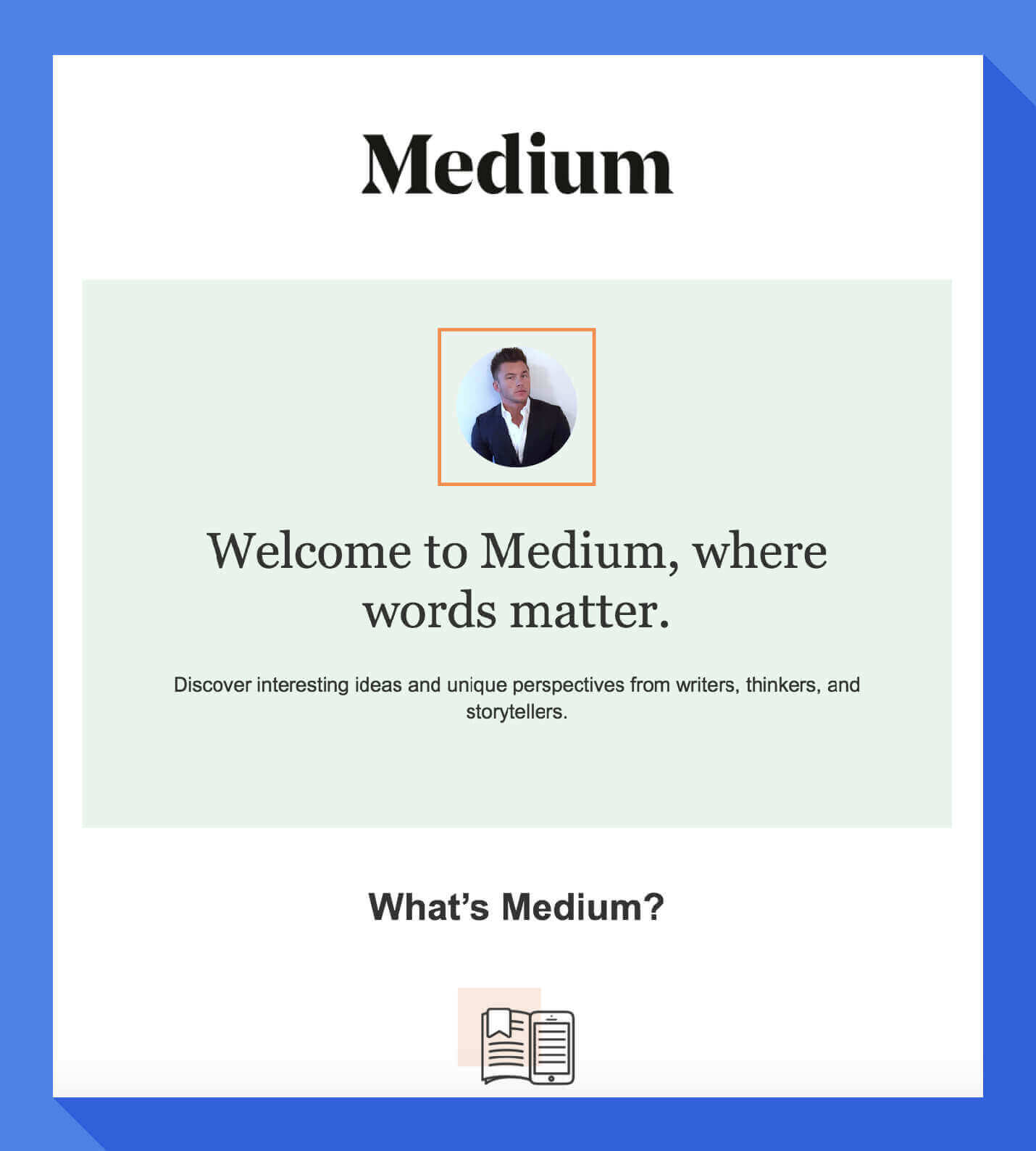
With brain activity increasing when one’s name is mentioned, it wouldn’t be surprising to see a similar reaction to one’s photograph. If your business allows signing up using Google or Facebook APIs, you will likely have access to a personalized photo.
Including a new subscriber’s headshot can provide a lasting vision in the user’s head of their association with the company. Even if the thumbnail is an avatar or another image of the user’s choice, it will likely still influence a feeling of personalization and connection to the company.
9. Headspace: Use stellar design and stay on brand

The user experience of a mobile app or website typically relies heavily on design. These branding elements should extend beyond the website to create a consistent cross-platform design aesthetic. Welcome messages that include amazing design elements and branding can trigger brand recognition.
10. Blue Apron: Extend an offer
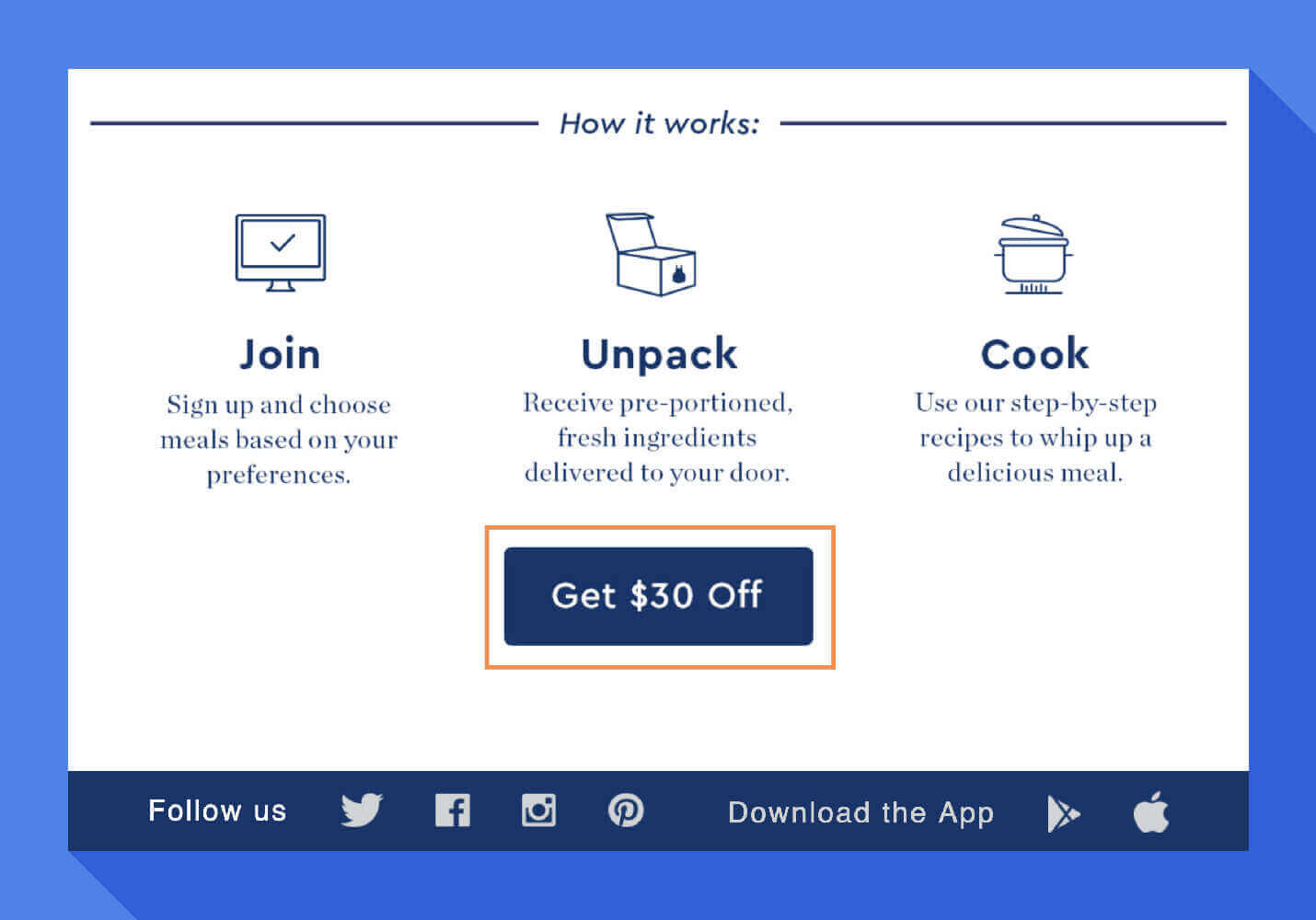
If a user signs up for more information about a paid product or service, they are likely deciding whether or not to buy it. As marketers, the tendency to pounce on these prospective customers is almost too difficult to avoid. It is risky, however, because sales-driven, transactional welcome messages can leave a sour taste in a user’s mouth.
One tactic to avoid a distasteful sales pitch is to offer a limited-time discount as a reward for signing up. This can truly signal your appreciation and result in a great user experience, possibly even a sale.
11. Groupon: Allow users to tell you their preferences
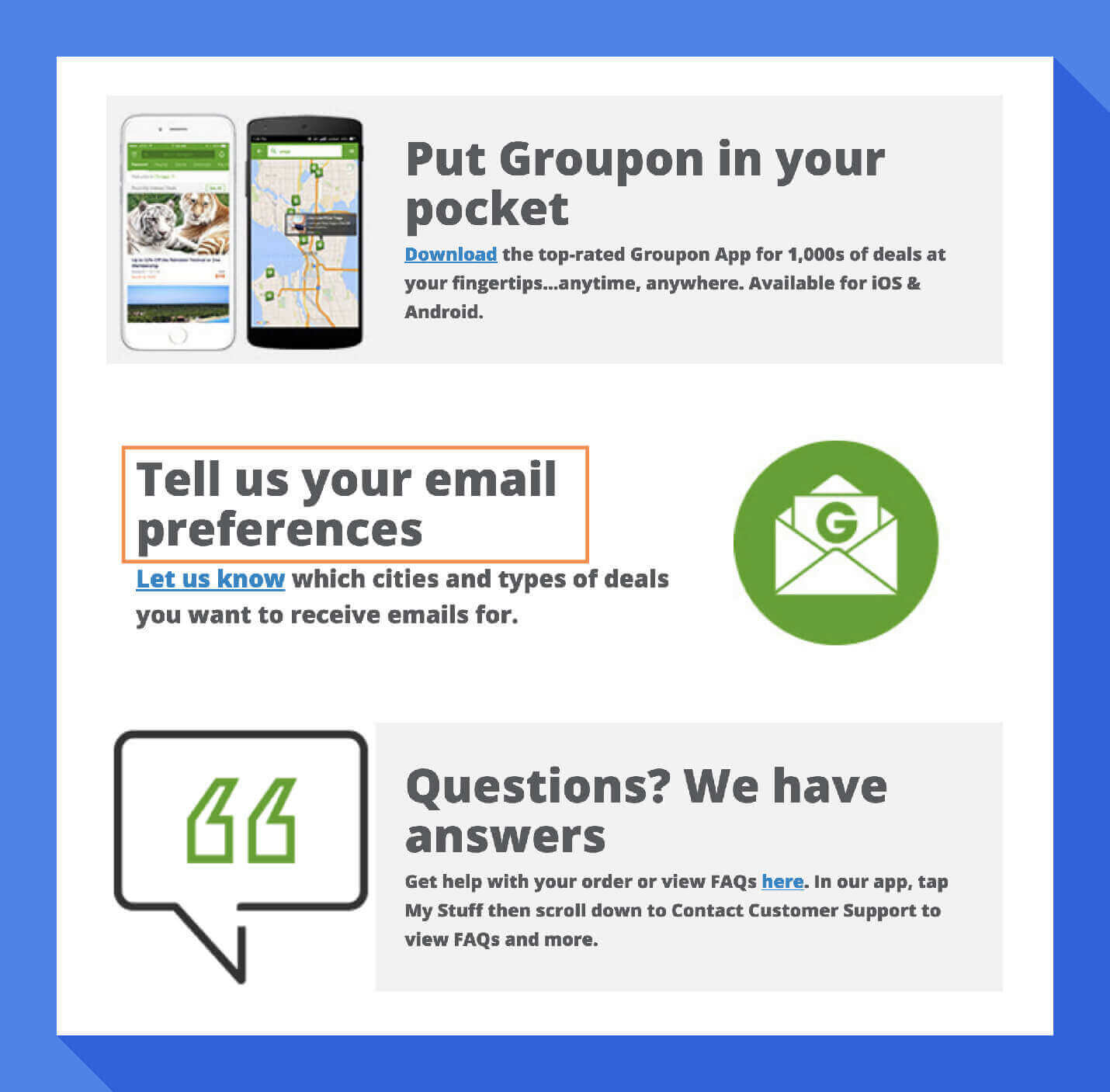
In today’s environment of privacy and data concerns, you can never have too much transparency. Allowing users to set parameters around how you communicate with them can build trust.
If you have multiple products and services, this can be a great way to gain more customer data as well. Understanding what intrigues and interests users can allow you to target your marketing using psychographic segmentation.
12. Warby Parker: Establish a human connection with your brand voice
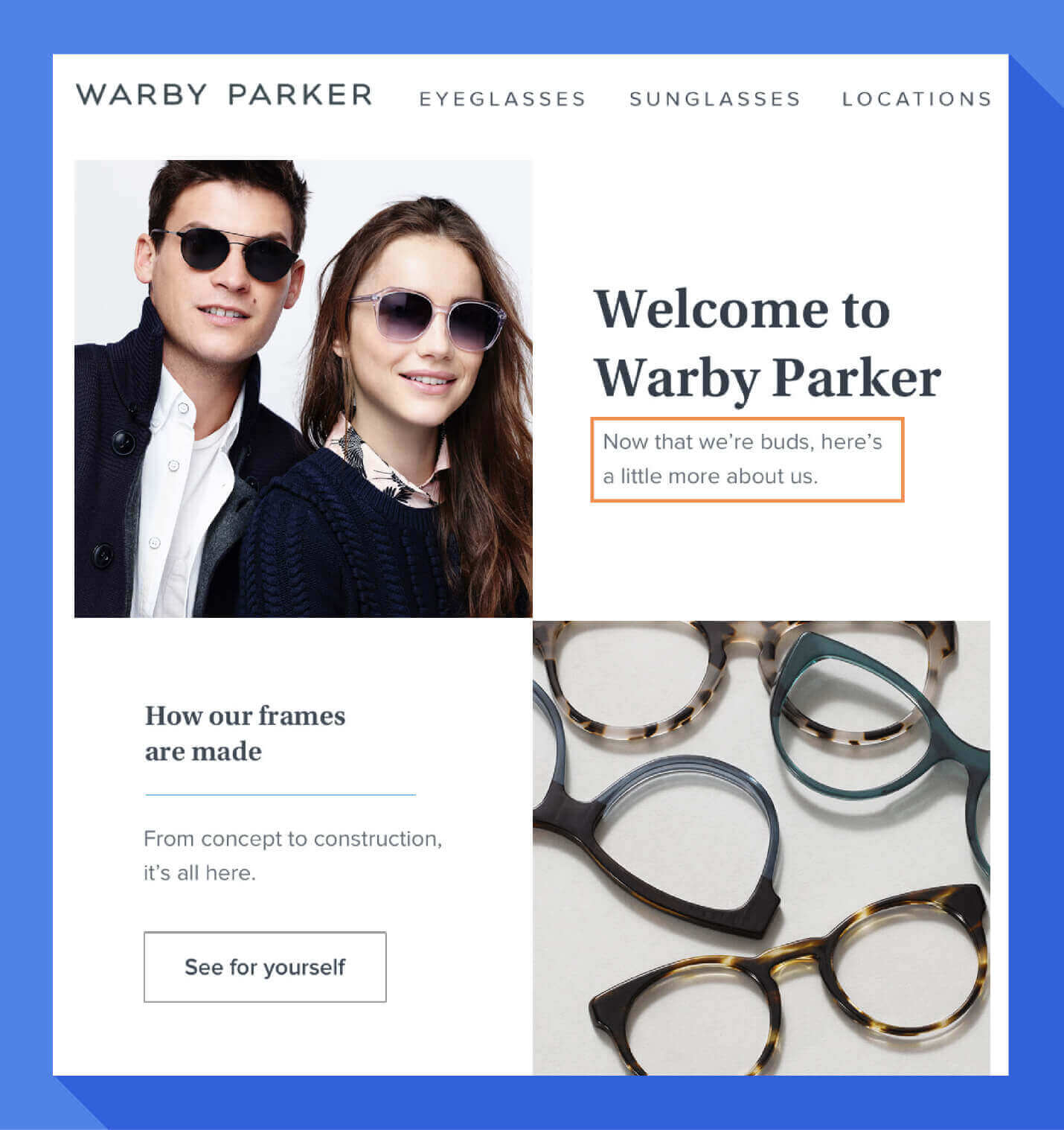
The voice of your marketing message is a way to connect with customers over a sense of personality, or even humor, within your branding. Corporations are often viewed as cold, lifeless, and money-hungry entities.
There are a few strategies that have helped humanize corporations in the eyes of their customers. Dedication to amazing customer service, increased sense of personalization, and friendly conversational voice have all been useful strategies.
13. Kickstarter: Make it easy as 1, 2, 3
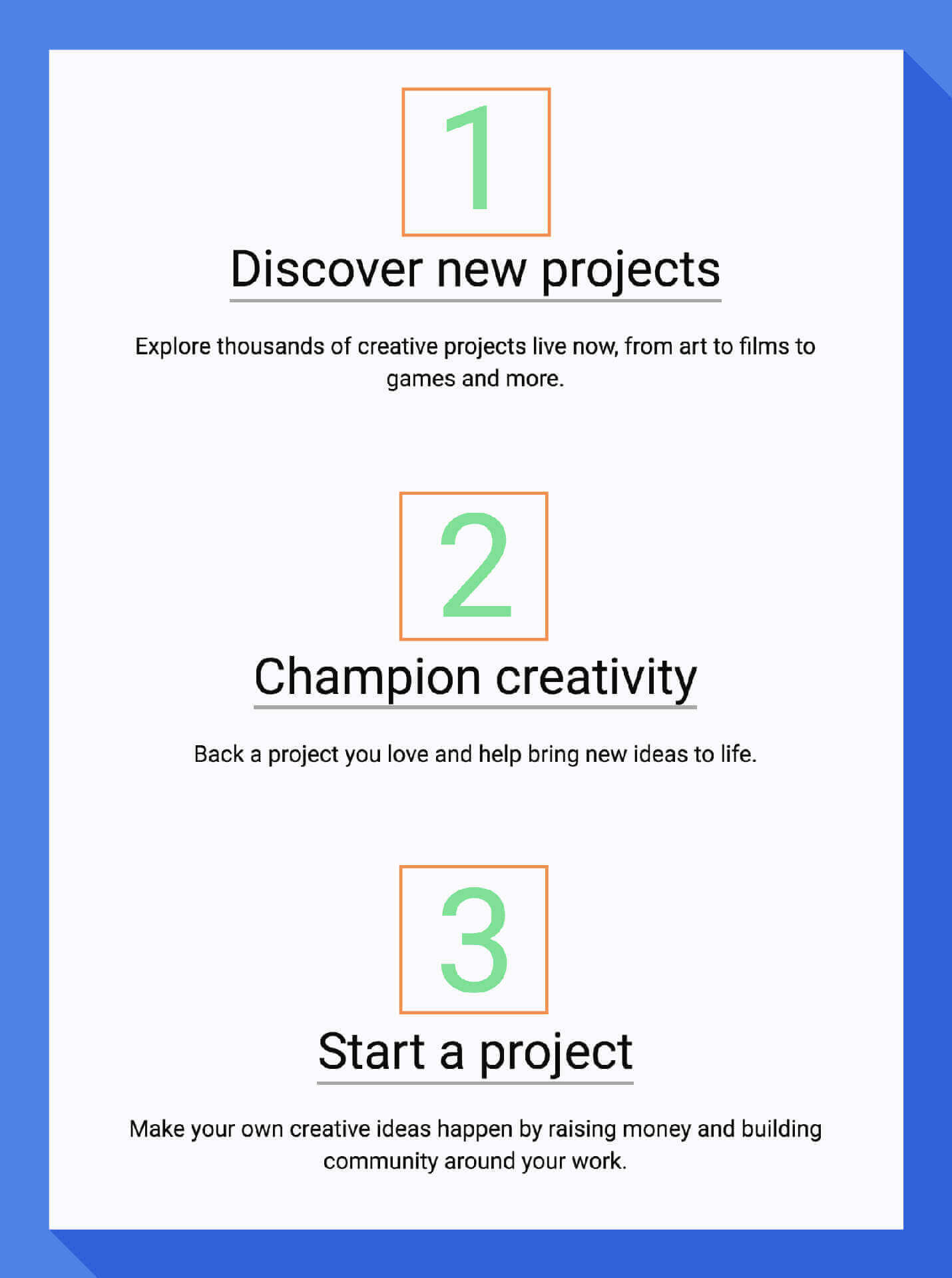
No matter how complex your business may be, there is likely an easy way to communicate what you do. Of course, there is a fine line between being concise and being vague. Einstein said it best: “Everything should be made as simple as possible, but not simpler.”
14. Postmates: Use referral marketing
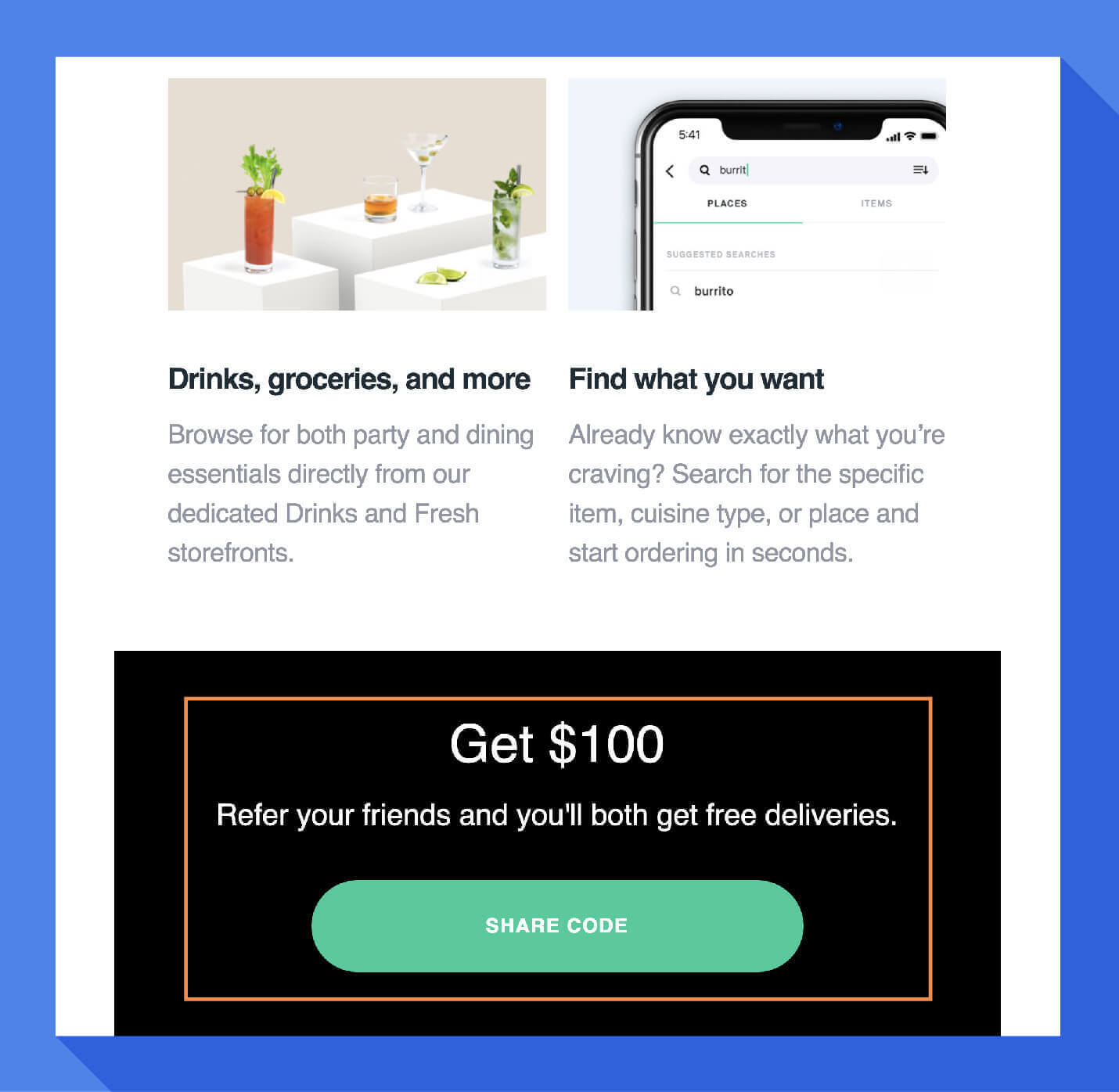
There is a marketing strategy that most companies would love to have on their side: word-of-mouth marketing. Having customers sing your graces without you having to ask them is possibly the most powerful conversion tool.
Many companies have found a way to increase the likelihood of a customer referral. Offering customers a reward in exchange for sharing and extending the same reward to the new customer can be a great way to lower customer acquisition costs.
15. Tim Ferriss: Grant access to free resources to engage them quickly
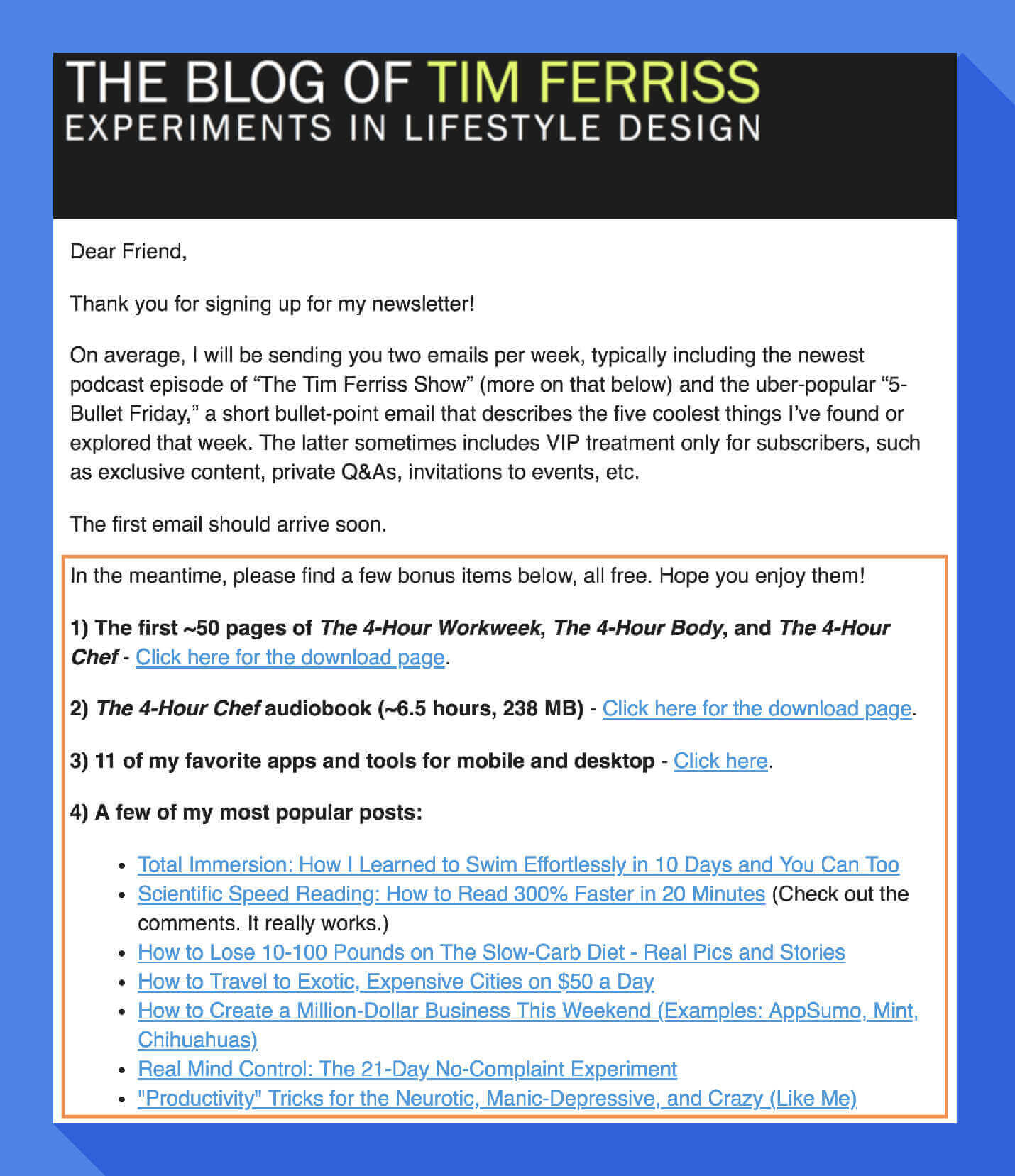
Your new subscriber signed up for a reason, usually because you have a product or service they’re interested in. Whether that product is a physical good, software tool, or content, you should provide informative resources. It is especially important to include these resources when the “product” of your company is content — think Medium, the blog of Tim Ferriss, or any media company.
16. Warby Parker: Drive social media interactions

Many consumers today are active on social media. Most likely these customers are using social media to connect with friends and family. Many people also use social media as a public forum to communicate their grievances with, or gratitude for, the companies they patronize.
Include a call to action for new users to follow all active social media handles. This is simply another way for users to engage the company, if not simply for increased brand awareness.
Takeaways
As you can see, welcome messages are so much more than a hearty handshake and a pat on the back. Welcome messages and welcome push notifications set the stage for what users can expect.
As you begin to think about what your own welcome message should include, use the following expertise to guide you:
- Start with a great sign-up process.
- Encourage signing up with Google or Facebook for personalized headshots.
- Send from a real human.
- Personalize the subject line and email body.
- Use stellar design and stay on brand.
- Set expectations.
- Extend an offer.
- Establish a human connection with the “voice” of your brand.
- Make it easy as 1, 2, 3.
- Allow users to tell you their expectations.
- Immediately grant access to free resources to engage them quickly.
- Use referral marketing.
- Drive social media interactions.
Considering the strategies from the welcome messages of successful companies, we have compiled these tips in a visual guide for any company to implement in their onboarding process.
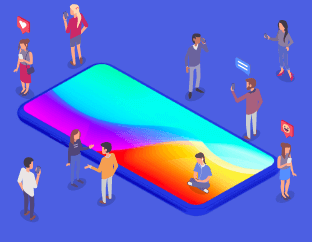
See how today’s top brands use CleverTap to drive long-term growth and retention
Subharun Mukherjee 
Heads Cross-Functional Marketing.Expert in SaaS Product Marketing, CX & GTM strategies.
Free Customer Engagement Guides
Join our newsletter for actionable tips and proven strategies to grow your business and engage your customers.

